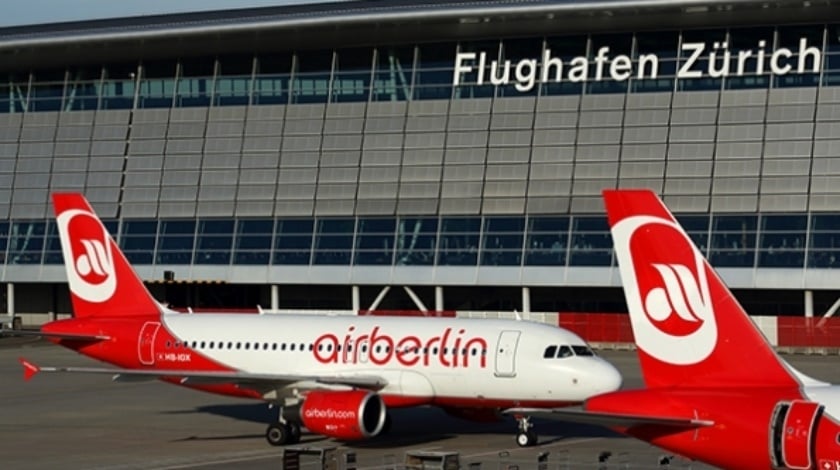German authorities have cleared Lufthansa to wet lease 38 Airbus A319/320s from airberlin, according to a Bundeskartellamt statement Jan. 30.
Under the wet-lease agreement, airberlin will lease the aircraft—which are stationed at German and Austrian airports—to Lufthansa and its subsidiaries Eurowings and Austrian Airlines. Eurowings will take 33 of the aircraft, enabling it to phase out up to 20 older A320s, and Austrian Airlines will take the remaining five. The deal also includes a codeshare between Lufthansa and airberlin equity parent Etihad Airways.
The agreement has a six-year term, which can be extended subject to certain conditions. As is common in wet-lease deals, the responsibility for other services—including flight operation, crew planning and maintenance—remains with the wet-lease provider, in this case airberlin.
Bundeskartellamt president Andreas Mundt said, “This case raised specific questions. From a competition perspective, the lease of aircraft from a competitor needs to be assessed differently than the takeover of the competitor itself. The agreement between Lufthansa and airberlin does not relate to the routes served by the two air carriers. Lufthansa will not take over any of airberlin slots. Nor will the lease of the aircraft affect the reallocation of slots that have so far been used by airberlin. Naturally, with the additional aircraft Lufthansa will be able to expand its business. However, this potential expansion is not sufficient to justify a prohibition of the agreement.”
The case, which involved complex legal questions and raised issues that required clarification, led Bundeskartellamt to evaluate extensive market data and talk to a large number of market players.
Several Lufthansa competitors submitted comments opposing the wet-lease agreement. On Jan. 18, ATW reported Irish low-cost carrier (LCC) Ryanair will lodge a formal complaint against Lufthansa’s plans to wet lease the 38 aircraft.
On the other hand, the majority of customers and travel agents did not express any serious competition concerns.
Bundeskartellamt also held discussions with the Airport Coordinator Germany and concluded the wet-lease deal would not affect the reallocation of slots that were returned by airberlin.
However, based on the results of the competition assessment, it could be left open whether the wet-lease agreement does in fact constitute a merger within the meaning of the German competition law.
Other aspects of airberlin’s restructuring process—in particular the planned joint venture between TUI, Etihad and Niki—were not part of the Bundeskartellamt investigations, according to the statement.

